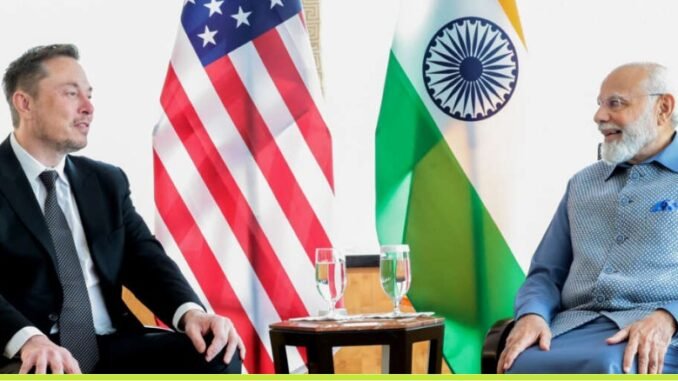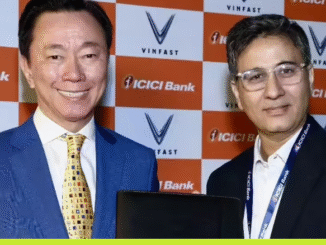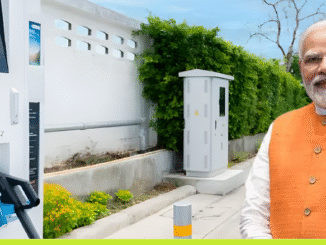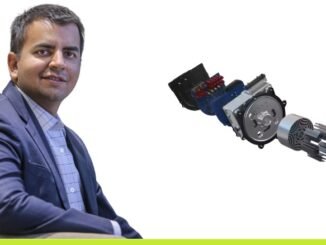
Tesla is set to make its long-awaited debut in India this July, opening its first showroom in Mumbai by mid-month, followed by a second in New Delhi. The company’s initial offering will be the Model Y SUV, imported from its Shanghai facility—the world’s best-selling electric vehicle. Tesla has also brought in Supercharger units, accessories, and spare parts from the US, China, and the Netherlands to support its launch.
Model Y Pricing: High Duties, Premium Segment Focus
Tesla has imported five Model Y vehicles to Mumbai, each valued at ₹2.77 million ($31,988), but with India’s 70% import duty plus surcharges, the cars face over ₹2.1 million in import taxes per unit. This pushes the expected retail price above $56,000 (over ₹75 lakh), excluding taxes and insurance—significantly higher than the $44,990 price in the US. This steep price tag is a major challenge in a market where premium vehicles account for less than 2% of total sales and EVs just over 5% of new passenger vehicle purchases.
No Immediate ‘Make in India’ Plans
Despite India’s new EV policy offering reduced import duties for automakers investing in local manufacturing, Tesla has shown no intent to set up a factory in the country at this stage. Heavy Industries Minister Kumara Swamy confirmed Tesla’s focus is solely on retail and imports, not domestic production. Without local manufacturing, Tesla’s vehicles are likely to remain out of reach for most Indian buyers—even if import duties are reduced to 15% for limited units, as the price would still exceed the budgets of most consumers.
Market Entry Strategy and Expansion
Tesla’s entry ends years of speculation and negotiation over tariffs and local production. The company is expanding its operational footprint, securing warehouse facilities in Karnataka and Gurugram, and actively hiring for retail, charging infrastructure, and policy roles in Mumbai and Delhi. The Model Y launch is expected to be followed by additional models, but the high price point will likely confine Tesla’s appeal to a niche, affluent segment.
Outlook
Tesla’s arrival is set to boost India’s EV ecosystem and infrastructure, but its premium pricing and lack of local manufacturing present significant hurdles to mass adoption. Unless Tesla commits to “Make in India” production, its cars will remain aspirational for most Indian buyers, limiting its potential in the world’s third-largest car market.






